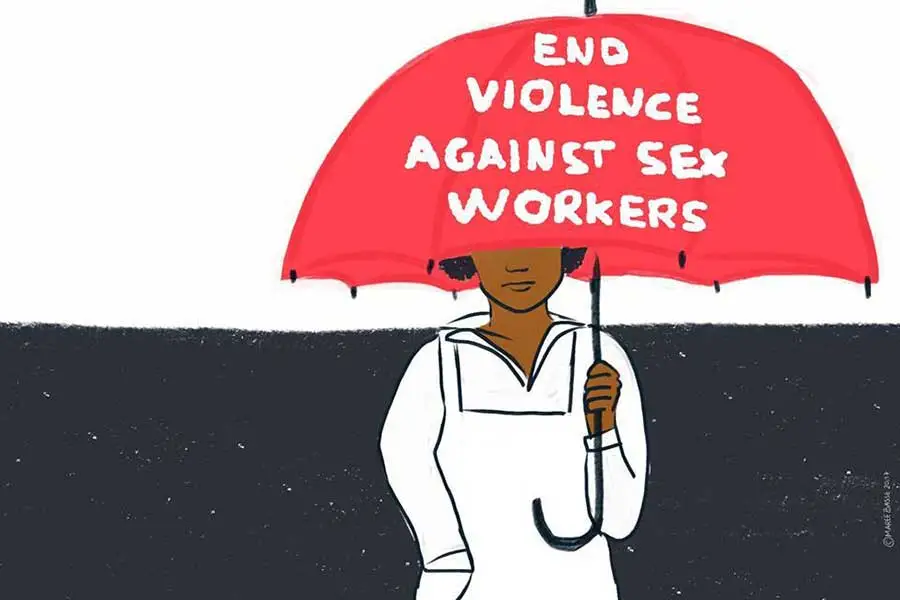26th and 28th September marked the World Contraceptives Day and International Safe Abortion Day respectively. What these two important days in the reproductive rights world have in common is that they perpetuate the right to bodily autonomy. Women have a right to control their own bodies and make their own reproductive choices. Decisions to become pregnant, donate an egg, terminate, or avoid a pregnancy all fall within women’s rights to make autonomous choices about their own bodies.
Under international law such as the Universal Declaration of Human Rights (UDHR), women’s right to privacy is protected from arbitrary interference, meaning they have the right to make decisions about their own bodies. This right is further protected by the International Convention on Civil and Political Rights and the International Convention on Economic, Social and Cultural Rights (ICESCR) both of which reiterate this right.

Often when conversations on sexual and reproductive health rights arise, what mainly comes to mind is Sexual and Gender Based Violence (SGBV), teenage pregnancies and Female Genital Mutilation (FGM). All these are very prevalent in our society and women are highly susceptible to them and are certainly in need of protection from them. We would, however, be remiss not to have sex work as part of this conversation.
Why, then, is sex work not regarded, rather, not part of the conversation on sexual and reproductive health rights for women yet it exists within our society and, as a matter of fact, it is touted as the oldest profession in the world? Morality, religion and culture have often been used to castigate women who participate in it. Regardless of the criticism, sex work is here to stay and the best way to go about it is to face it head on and be part of the solution to providing a healthy and safe work environment to the women who engage in this profession. The curfew and frequent lockdowns are likely to dissuade women in labour from seeking medical assistance especially at night. This puts them at risk of suffering fistula injuries. The lack of awareness within the community further dissuades women with fistula injuries from seeking medical help.
Commercial sex work can be defined as the exchange of money or goods for sexual services. It always involves a sex worker and a client, and it frequently also involves a third party. Looking at this definition, it is evident that sex work is a commercial transaction that involves a willing seller, a willing buyer and there is consideration in this case money or goods. The only difference to other commercial transactions in my opinion is that bodies are involved, which bodies are owned by adult women perfectly capable of making decisions on how to use them. Save for cases of human trafficking, whether to engage in sex work ought to be a personal choice. In taking this view then it is important that sex work as a trade is regulated as it is only in regulation that protection can be offered to the sex workers, majority of who are women.
In Kenya, sex work by women is not per se prohibited. Section 154 of the Penal Code prohibits women from living on the earnings of sex work or aiding in sex work amongst other acts. This in essence means that women sex workers operate in a grey arear that is not quite regulated.
What, therefore, would regulation of sex work in Kenya look like and of what benefit would the said regulation be to the women who bravely engage in this trade? It is my considered view that top on the list of things that can be done is the recognition by statute of sex work as a legitimate trade in the country and allowing for women to freely make the choice on whether to use their bodies for commercial gain or not at all.
Having sex work recognized by statute, then paves way for the making of the framework within which the women, state and non-state actors can operate within. Such a framework will go a long way in protecting the women in this trade from sexually transmitted diseases such as HIV/AIDS which are prevalent within the profession. The prevalence is further perpetuated by the power imbalance between sex workers and their clientele. The women are unable to negotiate for safe sex and may be victims of violence if they insist. It opens the workers up to seeking resources to educate them on the sexually transmitted diseases, how to prevent them, where to seek treatment without fear that such services may not be offered to them due to their profession or they may be discriminated against should it be revealed that they seek such services due to their line of work. Further resources better suited to aid sex workers from such diseases can be offered to them instead of the generalized information that is currently offered.
Recognizing sex work as legitimate work also allows the women who engage in this trade to access contraceptives suitable for them without fear of discrimination and/or stigmatization within the healthcare clinics and hospitals which they may seek such services from. Appropriate contraceptives for women in the sex trade ensures that they are not at risk of unwanted pregnancies which often result in unsafe abortions. The lack of contraceptives further leaves them revolving in the cycle of poverty where they continue having children they cannot sustain.
In conclusion, legitimization of sex work goes a long way in empowering the woman. In taking back power over her body, she protects it from violation by both state and non-state actors. In having sex work within the grey area, it now sits, we turn a blind eye to a section of the society in dire need of our care and protection, a profession that is as old as time and that will continue to exist long after we are gone. Therefore, there is no better time than now to acknowledge it and endeavor to make it a safe profession for women that are part of it.
The author is an Advocate of the High Court of Kenya with 6 years of active practice. She is a feminist advocate with a passion for reproductive rights for women in minority groups. In practice, her area of expertise includes family law, gender-based violence cases amongst others.

